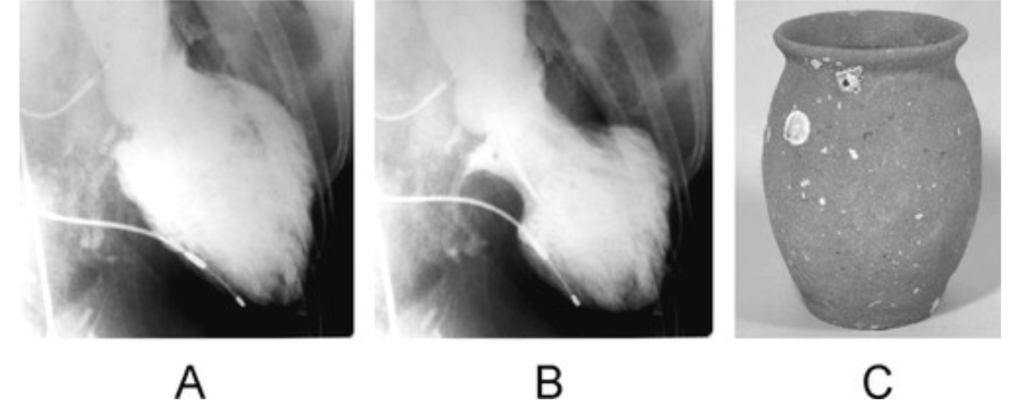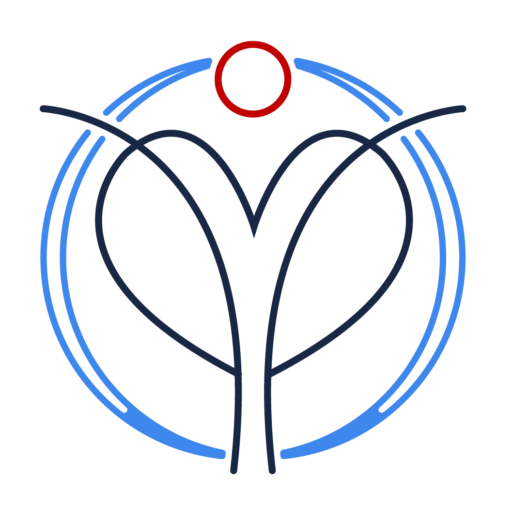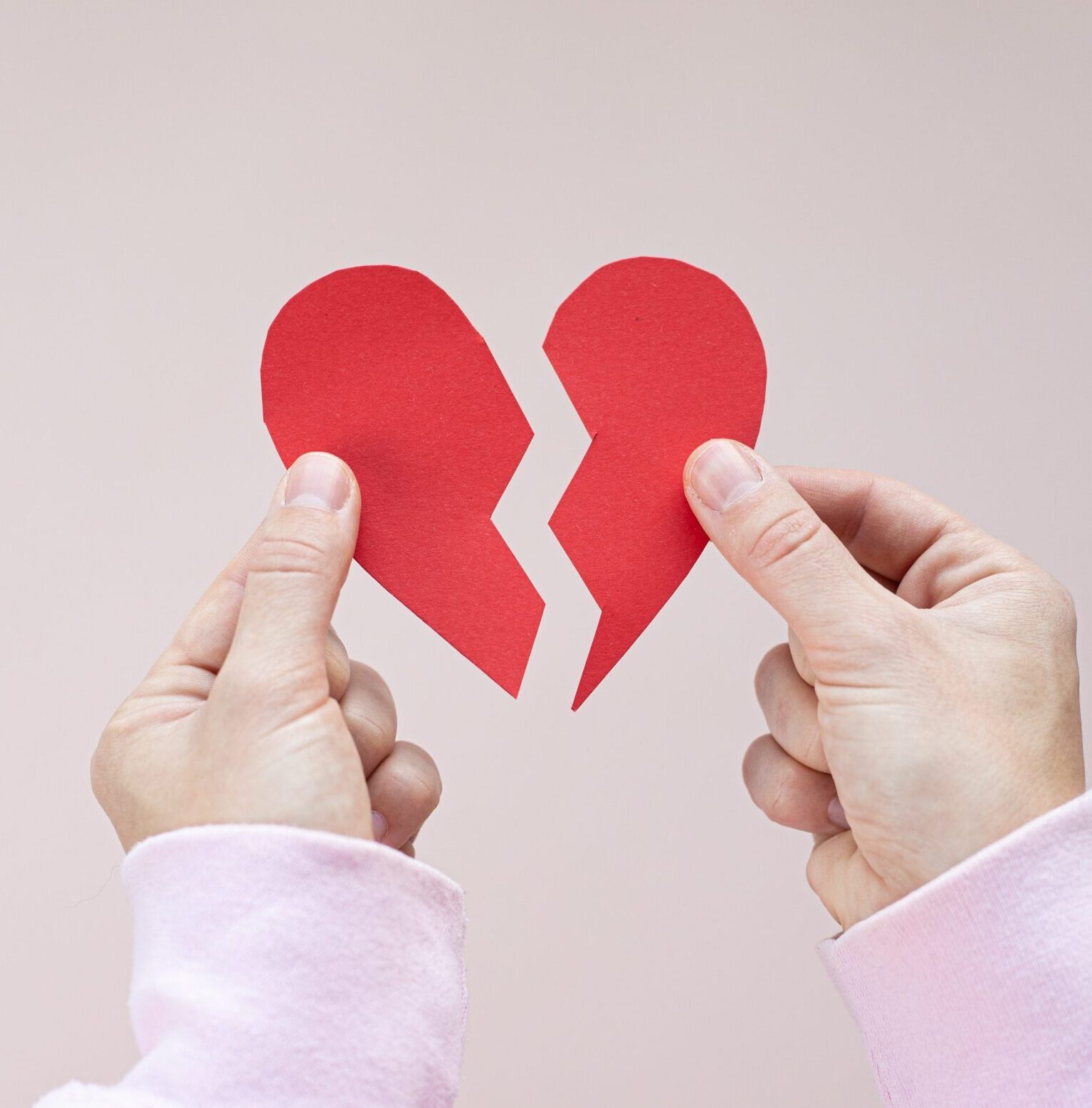Valentine’s Day can be fun for people who have a special someone to spend it with. People like me, however, are alone for this occasion.
In the spirit of being single, let’s learn about a heart-related medical condition that seems more fiction than reality.
What is it?
Broken heart syndrome, stress cardiomyopathy, and Takotsubo syndrome are all the same thing. The last is named for the shape of the affected heart, which resembles a Japanese octopus trap (Figure 1).
This occurs when the left ventricle of the heart enlarges and beats irregularly, while the rest functions normally1. This enlargement is known as ventricular or apical ballooning2.
The phrase “broken heart” may lead some to believe that it only correlates with love, whether that be romantic, platonic, or otherwise. However, that is not always the case.

The Details
The condition is caused by a sudden surge of adrenaline, triggered by extreme emotional or physical stress.
Emotional stressors include major, overwhelming feelings, while physical stressors include other health-related symptoms3.
This stress can be a result of the following4 :
- Sudden illness
- Major surgery
- Sudden broken bone
- Death of a loved one
- Strong argument
Symptoms include chest pain, shortness of breath, heart palpitations, and even fainting.
TL;DR
Technically, a person can die (and have died) of broken heart syndrome. However, the chance of death is unlikely.
As opposed to heart attacks, patients with broken heart syndrome in most cases recover relatively quickly and don’t sustain permanent heart damage.
In conclusion, if your partner broke up with you before Valentine’s Day and your chest feels like it’s caving in, you can stop planning your funeral.
Citations
1. Is Broken Heart Syndrome Real?. American Heart Association. https://www.heart.org/en/health-topics/cardiomyopathy/what-is-cardiomyopathy-in-adults/is-broken-heart-syndrome-real. Updated May 4, 2022. Accessed February 1, 2023.
2. Dawson DK. Acute stress-induced (takotsubo) cardiomyopathy. BMJ Journals. https://doi.org/10.1136/heartjnl-2017-311579. Published August 20, 2017. Updated January 3, 2018. Accessed February 1, 2023.
Figure 1. Yoshihiro JA, David SG, Gieuseppe B, et al. Takotsubo Cardiomyopathy. AHA Journals. https://www.ahajournals.org/doi/10.1161/CIRCULATIONAHA.108.767012#FIG1191553. Accessed February 14, 2023.
3. Ilan SW. Broken Heart Syndrome. John Hopkins Medicine. https://www.hopkinsmedicine.org/health/conditions-and-diseases/broken-heart-syndrome. Accessed February 1, 2023.
4. Broken Heart Syndrome. Mayo Clinic. https://www.mayoclinic.org/diseases-conditions/broken-heart-syndrome/symptoms-causes/syc-20354617. Published October 27, 2022. Accessed February 1, 2023.

